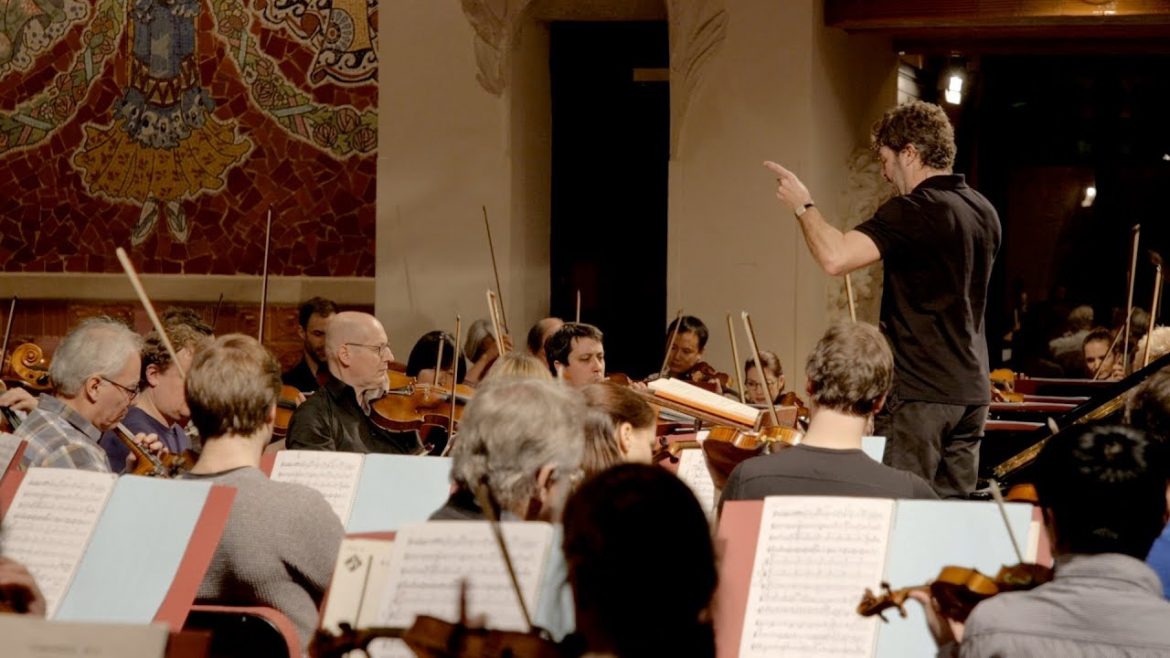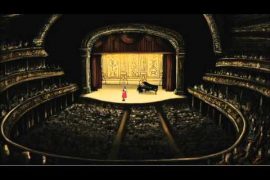The fact that folklore is not at odds with high culture is confirmed by Béla Bartók’s Piano Concerto no. 3, in the rigorous and exciting interpretation Pablo Heras-Casado and Javier Perianes offer alongside the Munich Philharmonic Orchestra at the Palau de la Música, after a successful recording for the Harmonia Mundi record label. In the same way, we can see that professionalism isn’t at odds either with friendship or with the sense of humour these leading figures of interpretation radiate. Friendly and open leading figures who talk in the same detail and as expressively as during their musical performances, trying to find the most appropriate word, knowing that the universality of the musical language comprehends and semantically surpasses any grammatical proposition.
Music is the vehicle of expression which best shows the confluence of Culture, formed by everything that constitutes the symbolic universe of a society, and popular cultures, also called folklore, which often have a mythical or unknown origin. While culture depicts an era, folklore colours it in. Thus, in music, it happens that both intertwine perfectly to create a higher form of expression, as we can find in the music of some of the avant-garde’s leading composers: Stravinsky, Enescu, Falla and even Bartók. This composer, of Magyar origin –people who have been specially subjected to invasions and, therefore, to influences of other cultures throughout history– is the musical core of our video.
The absolute protagonists, both Andalusians, tell us about Bartók’s fascination for popular tones and rhythms, comparable to those Falla applied in his music. In addition, both Heras-Casado and Perianes don’t hesitate to remind us of the link between training and opening of horizons, showing the necessary transfer or artistic exchange between regions with such a rich cultural background. When their careers are experiencing a great international boost, they both keep personal and professional ties with Catalonia: Perianes experienced his first musical successes in Barcelona, and Pablo Heras-Casado received part of his training through Catalan choral ensembles, one of the strongest axes of Catalan folklore.



















